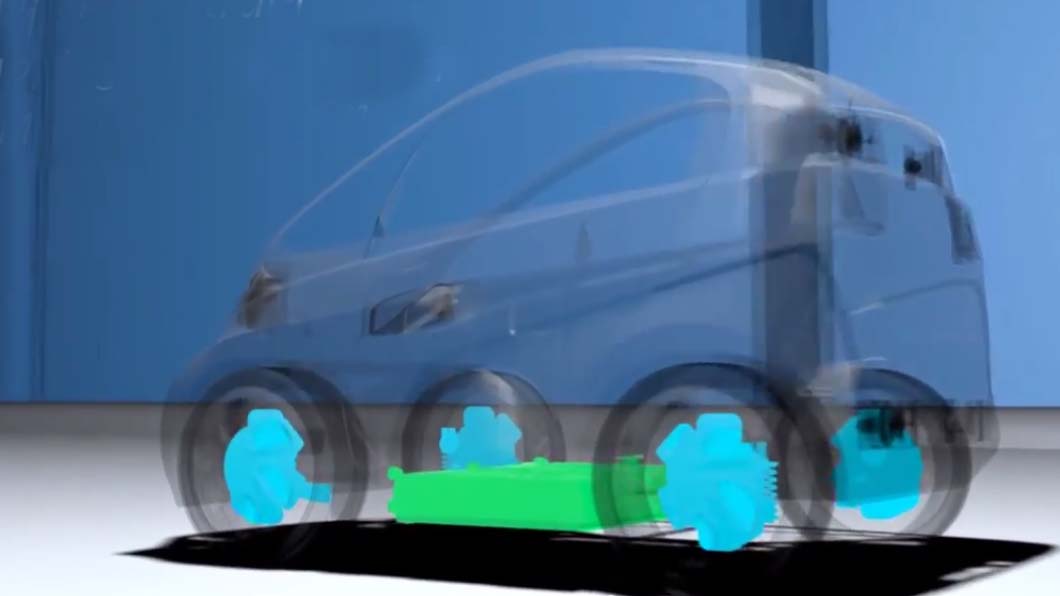Last Thursday the Korea Advanced Institute of Science and Technology has made public the results of the high-performance lithium-ion hybrid battery, developed by the research team led by Professor Kang Jeong-gu, from the Department of Materials Science and Engineering.
The battery is characterized by an anode made of high-capacity material, while the cathode is made up of a conductive porous carbon structure where mesophores of 2 to 50 nanometers and smaller micropores even of 2nm coexist simultaneously.
The Energy density of this new battery is equated with traditional lithium-ion batteries that are marketed today. One of the advances of the study is the possibility of using this technology for fast charging that could require minutes or seconds given its ability to have a power density similar to that of a supercapacitor.
The main difference is the high storage capacity negative electrode, along with fast ionic charge and positive electrode discharge from the capacitor.
One of the main achievements of the team led by Professor Jeong-gu is the development of a carbon structure where MoO2 (molybdenum metal oxide), which are 5 to 10 nanometers in size, binds as an anode material.
The structure is composed of micropores that allow penetration of lithium ions in electrolytes wrapped in graphene oxide, in order to improve electrical conductivity. In addition to this constructive formula, the researchers have used a structural fabrication technology crossing a conductive polymer with reduced grainy oxide fiber. The professor responsible for the team in statements collected by IT News:
“We have created an advanced lithium-ion battery that has an energy density equivalent to that of lithium-ion batteries and enables fast charging from a high-power density.”
The new battery proposed from Korea aims to “increase the quality of life of people if its application is extended to all electronic devices, including electric vehicles.”
–


